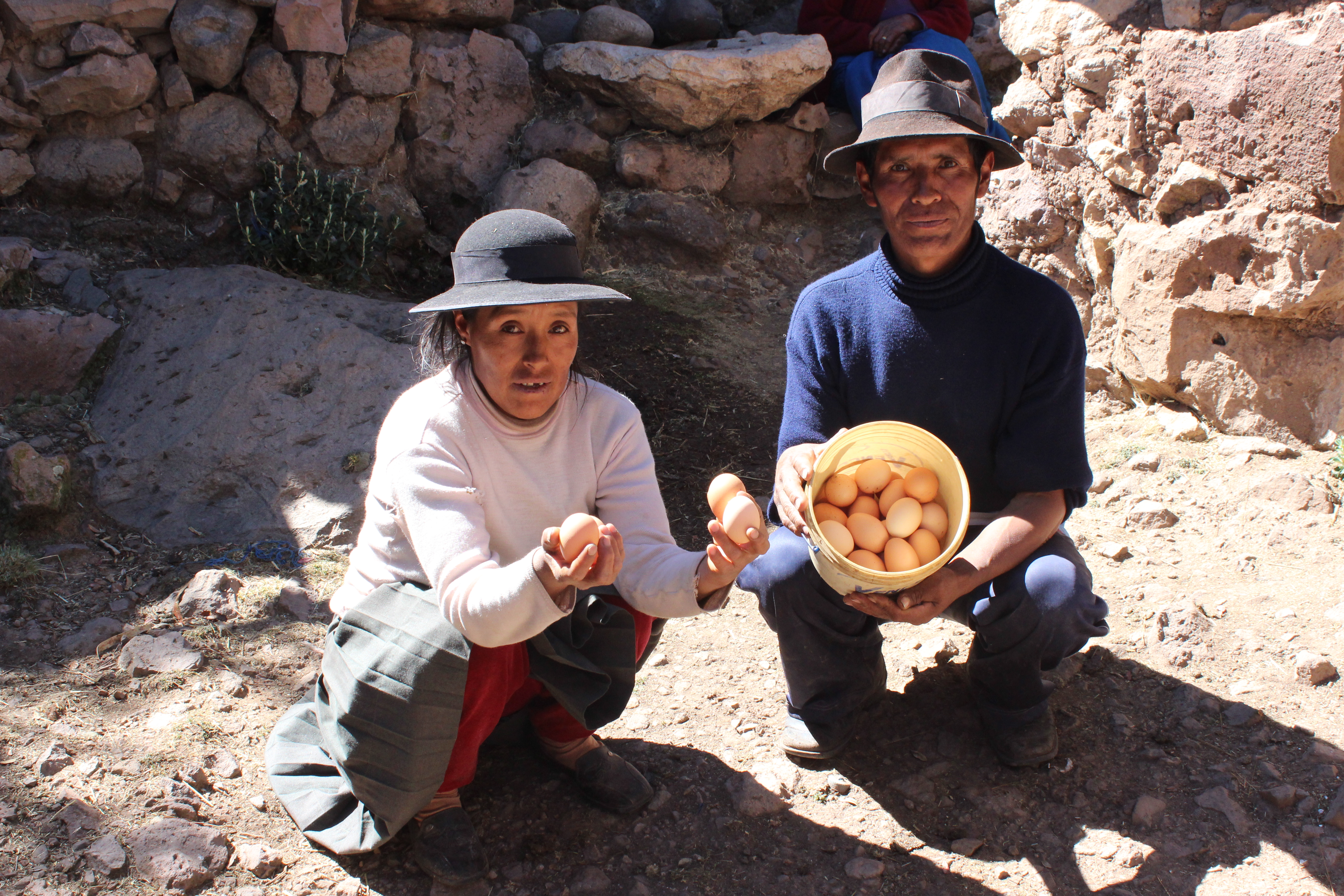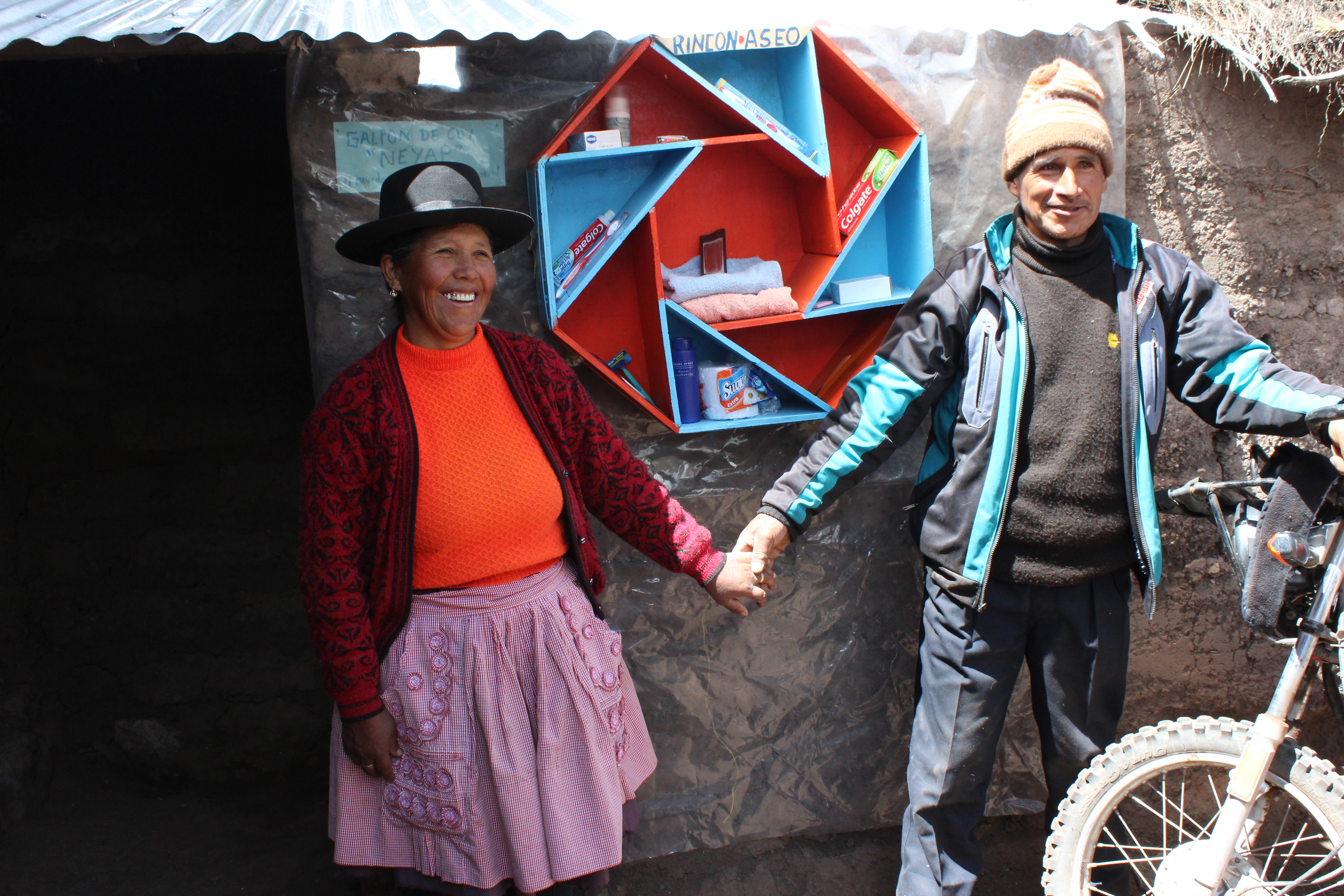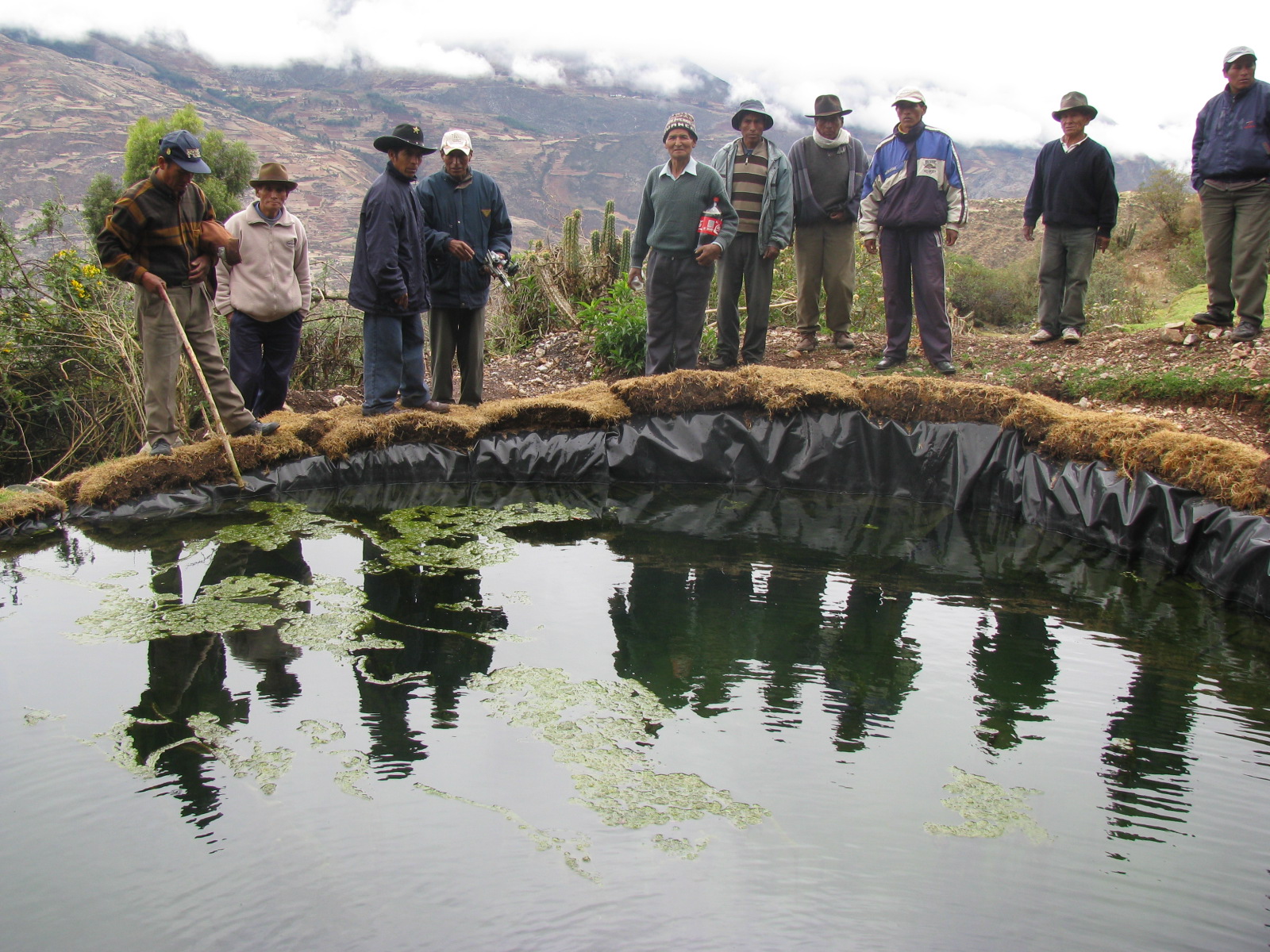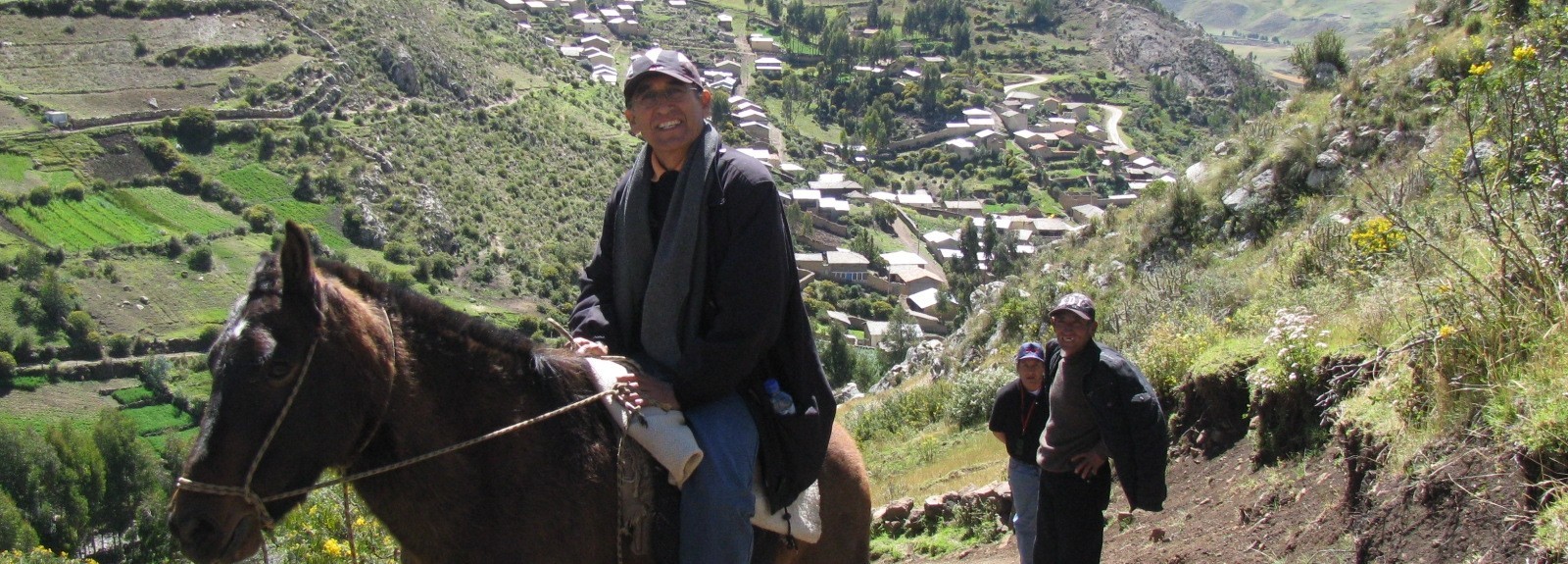Eduardo Contreras is LWR's country director for Peru. His reflection, and photos, are part of our Humans of LWR series, which seeks to provide a glimpse into the lives of the various people who take part in our mission of ending poverty, injustice and human suffering.
"My children should not be laborers like me.”
That’s something my father would always say when I was growing up. He was a factory worker for a mechanical paper company. My mother devoted her life to raise me and my four siblings. My parents met in 1947 and eventually migrated to Lima, Peru in search of a better life.
And despite having to provide for a large family with limited resources, my parents managed to send five kids to college and university. My parents made enormous efforts to make sure we got higher education. In our country, and perhaps in many others, education is one of the most effective ways to expand opportunities for people.

I did my undergraduate studies at the Universidad Agraria La Molina and eventually completed graduate studies on Agricultural Development at University La Sarbonne in Paris. What I learned from the field work and research with French farmers of small production systems in the Pyrenees Mountains continues to inform my work today. My education and practice in agricultural sciences in Peru and France helps me understand the reality of Peruvian agriculture and provided me with opportunities to bond with one of Peru’s most secluded societies – the rural communities in the Andes.
I worked for more than twenty years between Cusco and Apurimac, in the heart of the Andes of southern Peru. Despite being a middle-income country, many farming families are still exposed to the rough environment of the highlands and live in extreme poverty. Rural communities and indigenous peoples of the Andes are the families who bore the brunt of the political violence from the 1980s to the 1990s that left more than 60,000 people dead. Improving the quality of life of rural communities and native peoples in Peru is extremely important for social and economic development of the entire country.

This was the context in which my wife, Flor de Maria, and I, built the foundation of our family. My wife and I have been happily married for 40 years. Our three children have given us 7 grandchildren.
I started my work with LWR twelve years ago as a Program Manager for Peru and then became the Program Director for Peru. Prior to working at LWR, I worked for seven years at Catholic Relief Services (CRS) as Rural Development Manager and Regional Technical Assistant for Latin America and the Caribbean. I learned from the rural communities that despite the social, economic and political challenges in life, we should never lose hope that there is always something that can be changed.
A leader of the Apurimac region said, “Despite the hardship of the environment, it is in our hands to change it."

The strength of such communities continues to motivate my work with LWR to increase opportunities for people.
I sought to be true to these lessons and found the space and people to walk with along this path. That is why I have no doubt that it is possible to achieve a world where people with fewer opportunities can achieve full human prosperity. There are enough signs to accomplish this. When I reflect on my work I am grateful for the support my parents provided during my formative years and my colleagues during my two decades (and counting) of experience with farming communities.
Peace,
Eduardo Contreras Ivarcena


